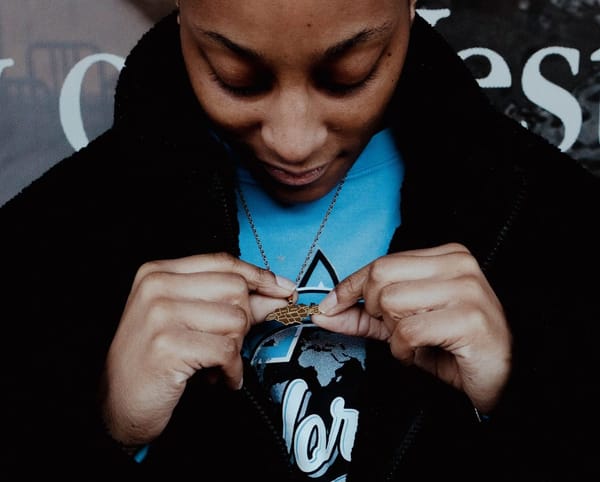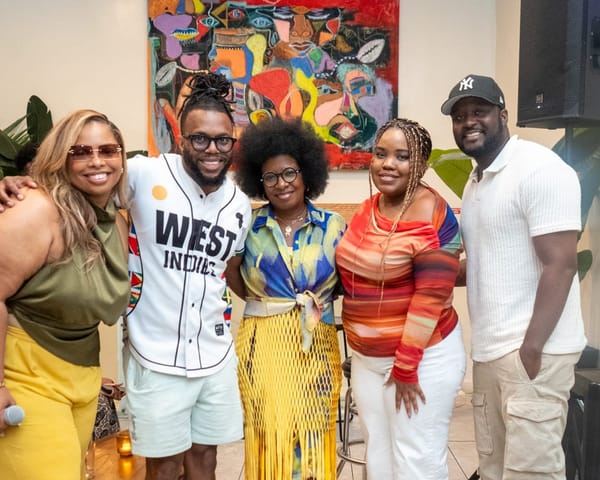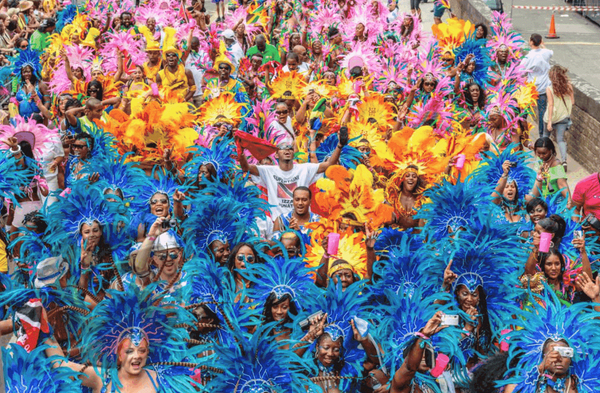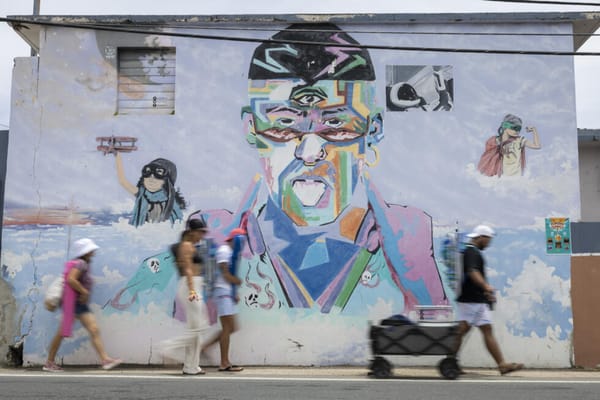From Micro-region to Global Force: The Caribbean Makes History with First Appearance at Cannes Lions in its 70th Year
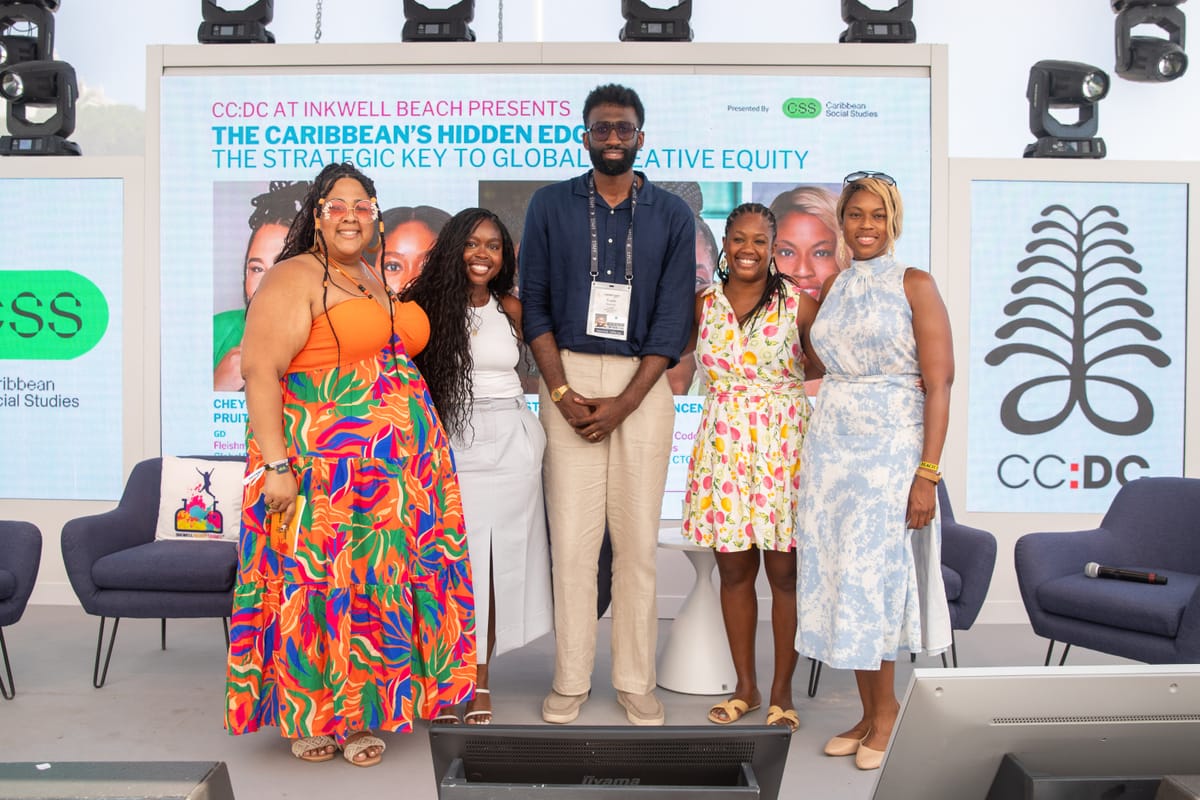
On June 20th in Cannes, festival goers attending the prestigious Cannes Lions International Festival of Creativity descended upon Inkwell Beach to witness a historic moment unfolding. For the first time in the festival’s 70-year history, the Caribbean a region that makes up just 1% of the world population and 33 countries appeared as a unified presence on the global creative stage to assert its position and role towards Global Creative Equity.
The region despite it's size has shaped music, film, fashion, and design at the highest levels. Global icons like Rihanna (Barbados), Bad Bunny (Puerto Rico), and Nicki Minaj (Trinidad & Tobago) dominate charts while championing conversations on inclusivity; visionaries like Director X (Trinidad & Tobago) redefine visual storytelling and creators like Kai Cenat (Trinidad & Tobago, Haiti) are shaping the tone of new streaming platforms. Yet the systems that could sustain and scale this level of talent in the region remains fragile.
CSS Leads the Conversation
Caribbean Social Studies (CSS), founded by Creative Strategist Naadiya Mills, convened a panel titled “The Caribbean’s Hidden Edge: The Strategic Key to Global Creative Equity,” moderated by Cheyenne Cameron Pruitt (Grenada), Global DEI Programs at FleishmanHillard and senior leadership team member of the Cannes Can: Diversity Collective (CC:DC). CC:DC’s partnership made the discussion possible, reinforcing a shared mission to expand pathways for diverse creative voices and accelerate global equity.
The panel drew a standing-room-only audience, which included members of the Cannes Lions team, and began with each panelist introducing themselves and the Caribbean country they represented. Each introduction was met with enthusiastic cheers, celebrating the region’s diversity and the historic significance of the moment. The panel conversation cut to the heart of a compelling insight: micro-regions like the Caribbean are quite often overlooked because of their size — yet that “smallness” is precisely what gives them a competitive edge. Agile, community-focused, and culturally fluent, Caribbean creators operate with a precision and adaptability that larger markets envy.
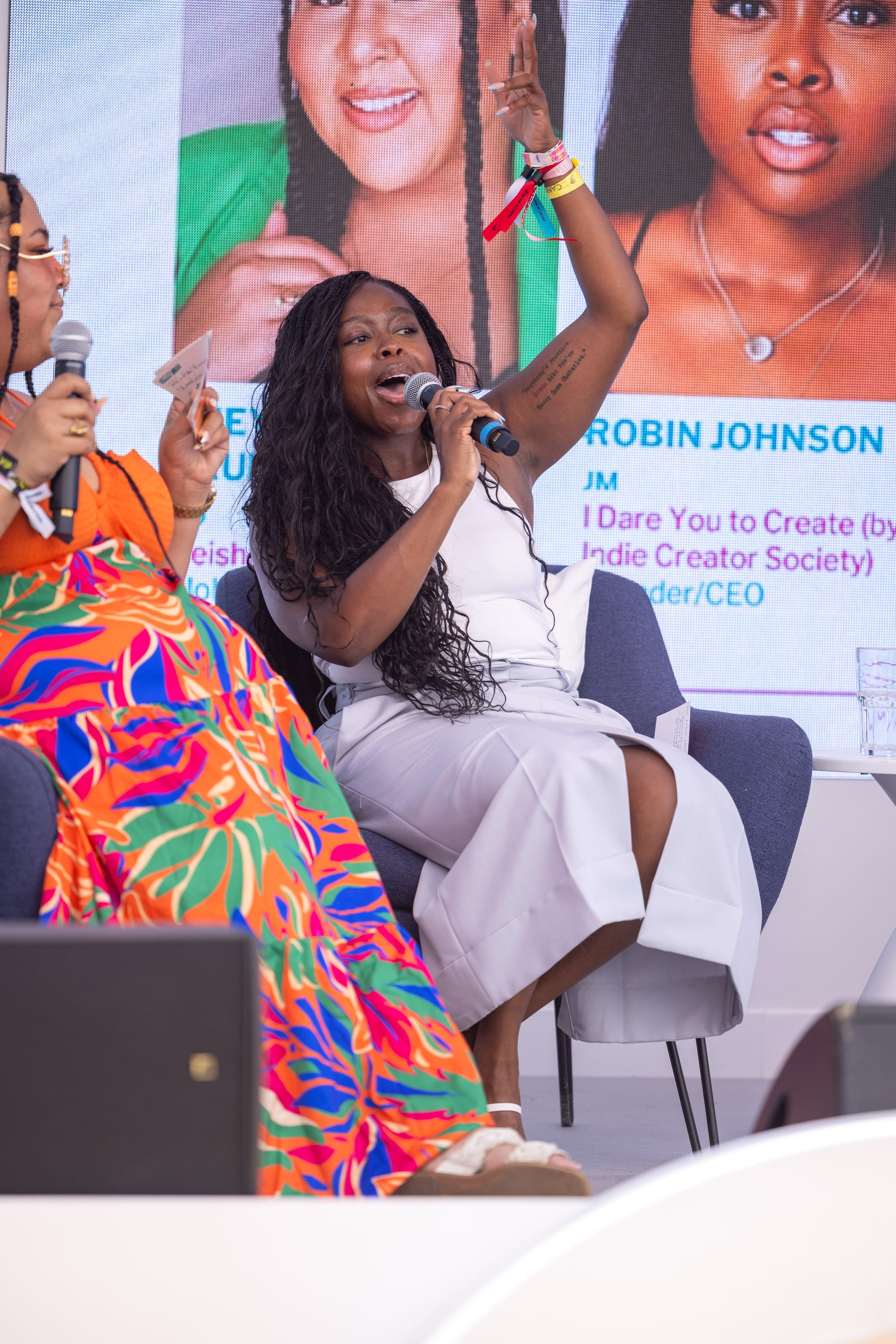
Micro-region as Strategic Advantage
Petra Vincent (representing Grenada, CTO & Co-founder, Handshake + Code / Sistas in Sales) reframed the Caribbean’s constraints as assets:
“We’re nimble, agile, and deeply rooted in community logic. AI can amplify our creativity, but it must serve our culture — not overwrite it.”
Vincent highlighted how Caribbean communities, by necessity, have cultivated collaboration, innovation, and precision, positioning the region as a natural laboratory for ethical, human-centered technology.
Capital, Culture, and Ownership
Rebecca Auguste (representing Haiti, Founder, Auguste HQ & INAPHA School) emphasized the economic gap in the Caribbean’s global creative contributions:
“The Caribbean has always contributed to the creative world globally, but has never economically reaped the benefits. Grants, equity, and cultural IP ownership are essential to ensure creators can grow sustainably.”
Petra, along with Robin Johnson (Jamaica, Founder/CEO, I Dare You to Create & Indie Creator Society), emphasized the importance of local hiring and ecosystem building. They highlighted how the islands are increasingly offering competitive filming packages, creating opportunities to engage local talent, from film crews to engineers, as a cornerstone for authenticity and long-term creative infrastructure.
Robin Johnson framed it from a systems-thinking perspective:
“Constraint reshapes creative excellence. If we build ecosystems where creativity is nurtured locally, we create not just products, but frameworks for global innovation and equitable growth.”
Her work demonstrates how structured creativity systems can turn ideation into execution, unlocking the Caribbean’s latent talent with both precision and purpose.
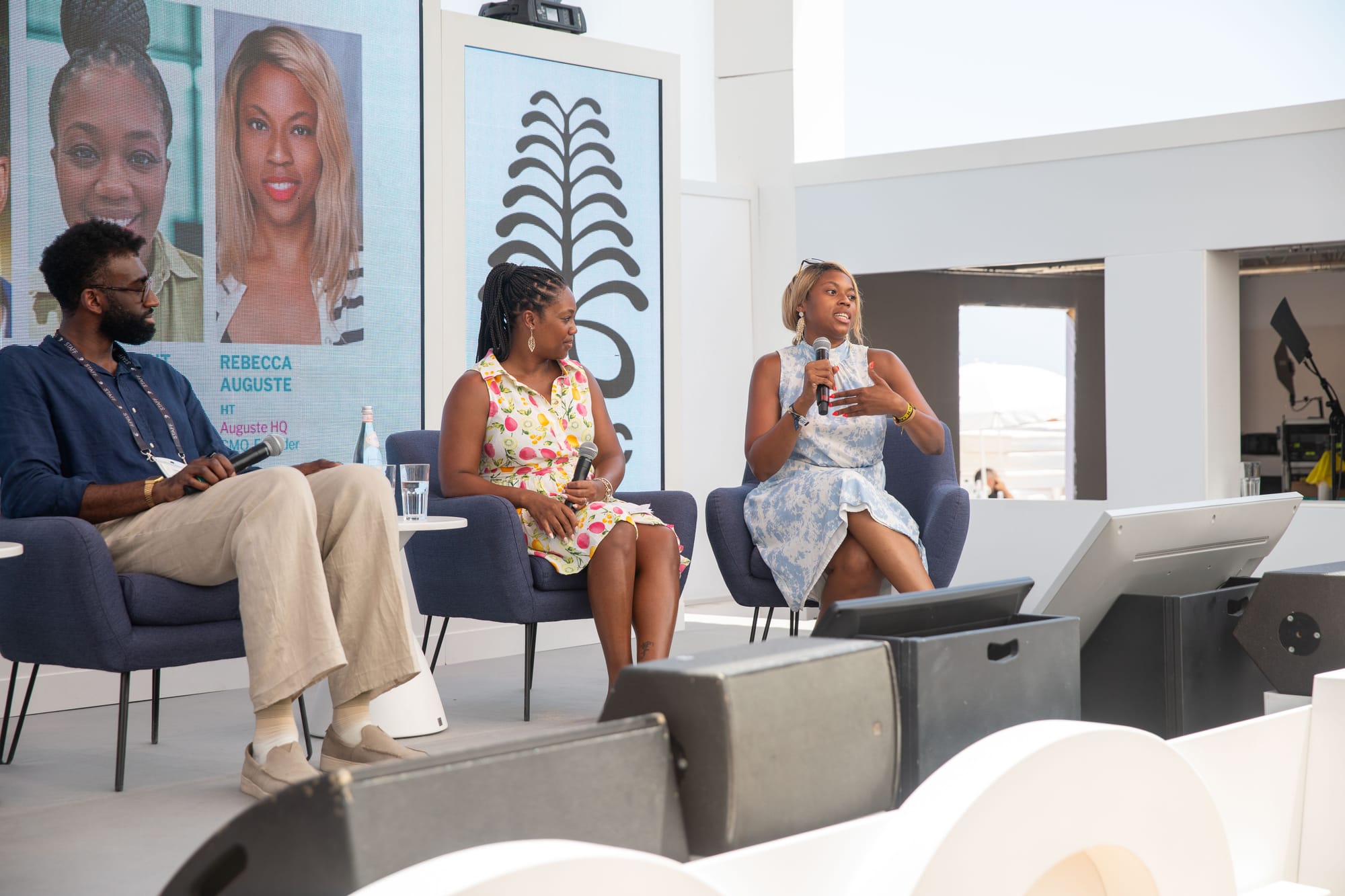
Recognition is Not Enough
Their insights set the stage for a global perspective on what true equity requires. Frank Starling (VP & Chief DEI Officer, LIONS) stressed that while celebrating Caribbean talent at Cannes is important, it is only the beginning:
“You have the highest penetration of senior CMOs who come to the festival every year — this is the ecosystem of creativity. We celebrate it on stage, but there’s so much opportunity to network. The question is: how do we get closer to those communities? Using this platform to amplify their creativity is an opportunity for us, and to work more closely with them.”
This year marked the launch of Cannes’ Global Creative Hub, backed by Brazil, Saudi Arabia, and Mongolia — a model Starling hopes will one day showcase Caribbean creativity as well. Pointing to Puerto Rico’s Grand Prix win for the Bad Bunny campaign as proof of the region’s talent, he emphasized that lasting change requires structural engagement:
“How do we work from the get-go with communities, hand in hand, from the point of ideation all the way through to drawing equity? That process can be restorative — and if more regions had that framework, it could change the world.”
He also highlighted Cannes’ expanded Equity, Representation & Accessibility program, which doubled its investment this year to €2 million to bring more underrepresented voices into the festival ecosystem.
The panel’s consensus was clear: true equity demands investment, infrastructure, and collaborative ecosystems that allow Caribbean creators to lead on their own terms.
The Blueprint for Global Creative Equity
The session closed with a roadmap for action:
- Invest intentionally: Embed equity, cultural IP ownership, and infrastructure into creative systems.
- Collaborate locally: Engage Caribbean talent and vendors to preserve authenticity and amplify impact.
- Leverage technology ethically: Use AI to scale ingenuity without erasing culture.
- Center microregions strategically: Treat Caribbean creativity as a blueprint for global creative equity and innovation.
The message was clear: the Caribbean is not a footnote in global creativity. It is a strategic force, a proving ground for human-centered innovation, and a blueprint for the next era of equitable creative leadership.
Looking Ahead
CSS will continue this conversation through its Diaspora Conversations series, starting in Brooklyn, New York, on August 28th — reserve your tickets here. The organization will return to Cannes in 2026 to build on this historic debut, expanding opportunities, partnerships, and pathways for Caribbean creatives to shape the global creative economy.

